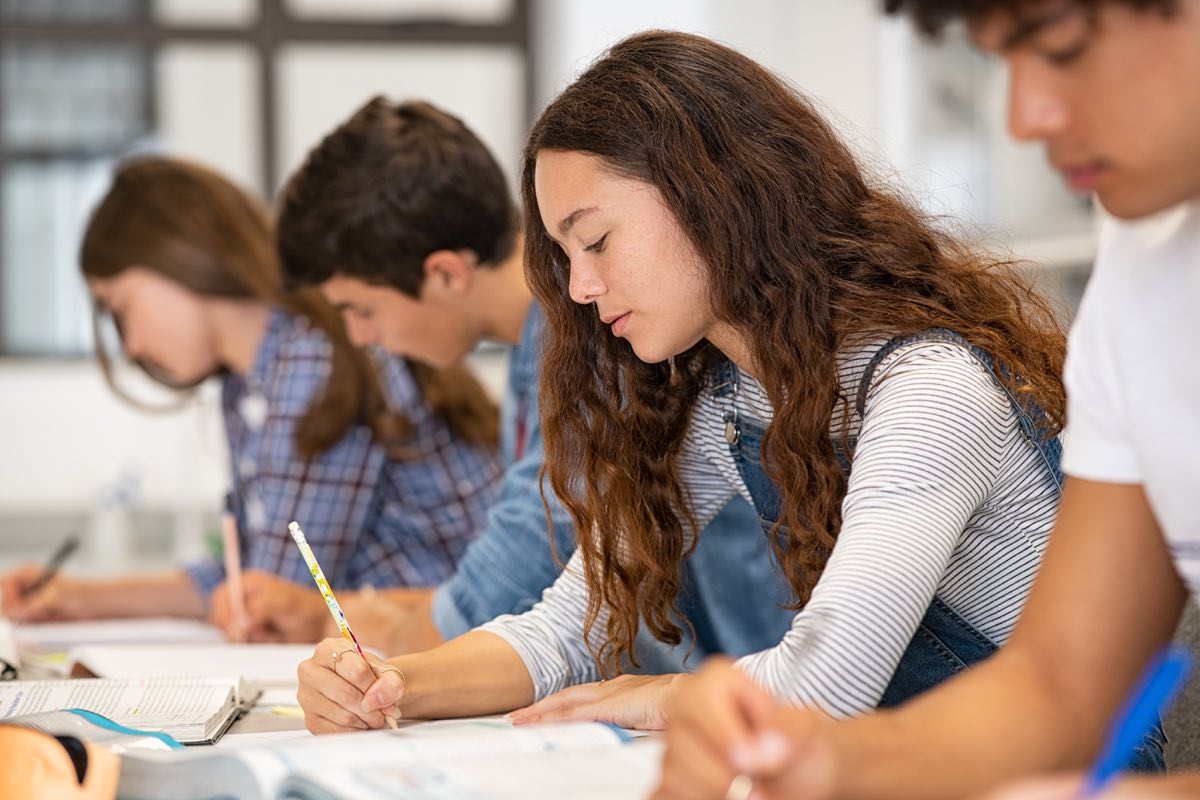
Strategies for savvy news consumers
In part one of a two-part series for the Education for Sustainable Democracy podcast, John Silva, NLP’s senior director of education and training, and Miriam Romais, NLP’s senior manager of educator engagement, discussed the importance of news literacy and strategies to help young people become smart news consumers.
“We have the assumption that because students are digital natives, they aren’t digitally naïve,” Romais said. But young people don’t always know how to tell the difference between social media posts that are misleading, and ones that are credible. “If you’re basing all of your decisions, actions, and emotions on something that is false, how do you move through life? So, we try to get to the point where we help the educators and the general public [with news literacy skills], and educators specifically because they’re going to amplify this to their students.”
Silva, a former educator who taught for 13 years in Chicago Public Schools, said integrating news literacy into the classroom strengthens the overall curriculum. “As a history teacher, as a social studies teacher, we are continually talking about, ‘How do we know what happened? What are the sources we can go to in order to know the who, the why, the where, and the when?’ News literacy helps provide a different understanding of journalism, because that… is what reporters are doing, they’re telling us what happened – the who, the what, the where, the when. There’s a famous quote, ‘Journalism is the first draft of history,’ and understanding how to evaluate that, in the modern sense, helps to understand history, but it also helps when we’re talking about current events and things that are happening in civics.”
You can listen to all of part one of the podcast here.